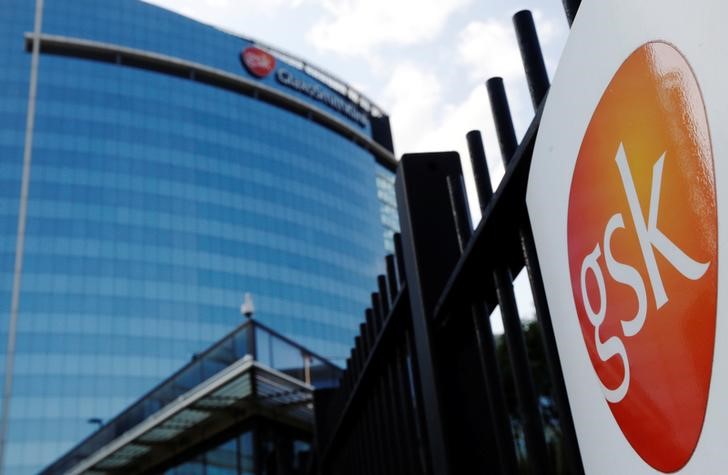Investing.com -- Shares of GSK fell over 3% following its third-quarter 2024 earnings, as investors reacted to underwhelming sales figures in key vaccine products and the company's decision to maintain its full-year guidance despite mounting challenges.
Analysts at BofA Securities labeled the results a "low-quality beat," attributing the company’s earnings per share (EPS) gains primarily to delayed costs rather than robust operational performance.
GSK's reported EPS of 49.7 pence exceeded consensus expectations by 14%, largely due to favorable cost phasing and a better-than-expected operating margin.
However, sales across critical divisions were lackluster, with key products such as the respiratory syncytial virus (RSV) vaccine, Arexvy, missing expectations by 21%, and Shingrix sales falling short by 13%. The vaccines segment overall saw a 2% decline, which dampened investor sentiment.
BofA analysts underscored concerns about GSK's ability to maintain momentum, citing that while some older vaccines and meningitis products performed well, the outlook for Arexvy and Shingrix remains uncertain.
Additionally, the company also decided to keep its full-year guidance intact, projecting EPS growth between 10-12% at constant exchange rates (CER).
However, GSK hinted at hitting the midpoint of the range, which analysts believe leaves little room for positive surprises. The analysts also noted that unfavorable currency movements would weigh on earnings, with the impact of foreign exchange now expected to be a negative 8%, compared to 6% earlier.
This outlook signals potential further pressure on earnings, particularly as GSK navigates a challenging landscape for some of its most prominent products.
BofA Securities maintained its "underperform" rating on GSK stock, pointing to long-term risks that include a lackluster pipeline and slower-than-expected growth in core franchises like Shingrix and dolutegravir products.
Analysts also cautioned that the company’s heavy reliance on future RSV vaccine boosters is speculative, given uncertainties about long-term booster schedules.
The muted sales performance across various segments, paired with these risks, has stoked fears of a protracted slowdown in earnings growth beyond 2025.
At the centre of GSK's issues is the broader concern about visibility into the performance of its general medicines and vaccines portfolio over the coming quarters.
